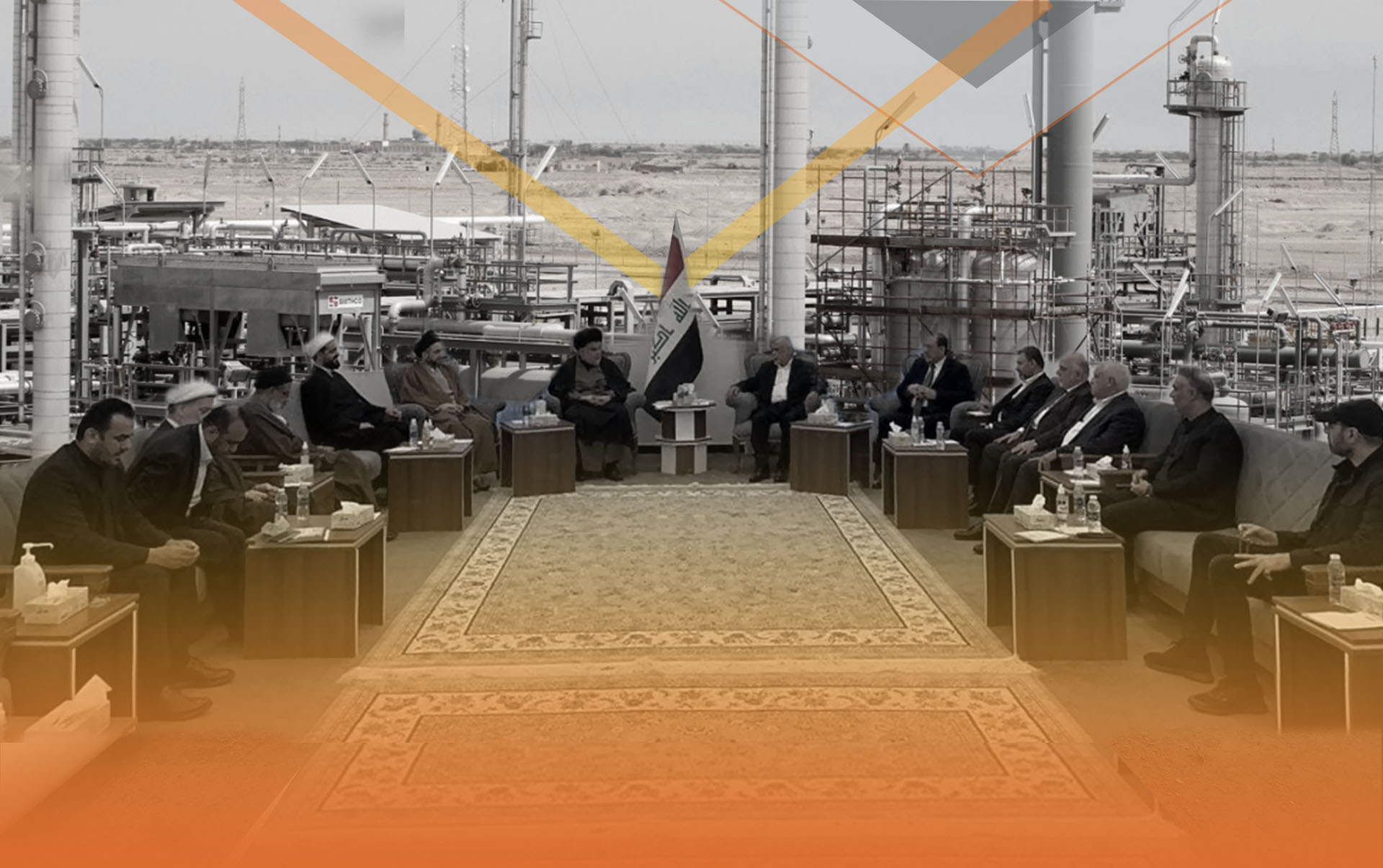After the International Chamber of Commerce's International Arbitration Court in Paris ordered the Kurdistan Region to halt independent oil sales, neither the Iraqi government nor the Shiite forces celebrated this development. Nevertheless, this does not imply they fail to acknowledge the significance of suspending oil exports from the Kurdistan Region, a persistent source of conflict since Prime Minister Nouri al-Maliki's first term.
In general, the Shiite forces favor the control of the Iraqi Oil Marketing Company (SOMO) over sales. Their parliamentary representatives often invoke SOMO's statements to argue that the Kurdistan Region has violated the budget law by failing to disclose the volume of oil sold, the revenue generated, and the price at which it was sold. On a broader level, the Shiites advocate a return to constitutional provisions without engaging in specifics, insisting that the oil issue is a federal matter, with the Iraqi Ministry of Oil as the reference point. No Shiite faction, including the Sadrist movement, diverges from this position, especially after the Federal Court declared the Kurdistan Regional Government's oil and gas legislation unconstitutional in mid-February 2022.
Currently, the Shiite faction is in a state of anticipation and observation following the International Criminal Court's decision, which has cast a shadow over Iraq's political landscape. Amid the dollar crisis, they recognize their fragile international relations and are reluctant to oppose the interests of the United States and European countries, including their companies operating in the Kurdistan Region. Iraq refrains from taking credit for the rise in oil prices due to the suspension of roughly half a million barrels of oil exports amid the war in Ukraine. They have stopped alleging that "Israel is the beneficiary of the Kurdistan Region's oil."
Domestically, the Shiites' major challenge is the upcoming provincial elections at the end of 2023, coupled with the ongoing scrutiny of Muqtada al-Sadr's plans and activities, which are a source of concern. They need the support of the KRG and Erbil, at least to fill the void left by Sadr and coordinate their legislative efforts and initiatives. Conversely, should Sadr re-emerge, they will not be alone in opposing him, especially since they have yet to address Sunni concerns, and protests and criticism are anticipated.
The fifth wave of Shiite forces aims to reach a comprehensive resolution to oil and budgetary issues and establish relations with the KRG. However, due to the need for Shiite consensus on the oil issue, they are cautious about taking steps that could give al-Sadr grounds to accuse them of offering the Kurdistan Region too many advantages for their own gain, thereby undermining the foundations of the Iraqi state.
Given that this is an election year for Iraq, street populism on one hand, and internal conflicts within the Shiite group on the other, will significantly shape the positions of various other powers and factions in the long run. Regardless of the approach used to address some of the Kurdistan Region's long-standing issues, this balance of power remains a critical factor.
The ruling of the Iraqi Federal Court last year, said to be a motivating factor for the International Criminal Court in Paris, as well as the recent decision of the Commission with International Legitimacy, have provided Baghdad and the current ruling powers a compelling justification to avoid media confrontations and major disputes over the oil issue. This approach contrasts sharply with the period from 2006 to 2010 when Hussain al-Shahristani was in charge. Except for a notable "Assaib" representative and others like Mustafa Sanad and Alia Nassif, no one has publicly responded favorably to the decision.
The decisions, handed down over a span of two years, apply not only to the oil sector but also to the gas industry. They present the Kurdistan Region as an opportunity for the United States and Europe. Additionally, they affect federal votes for Basra and southern Iraq, offering the chance to use the city's oil resources to benefit the Basra region rather than finance the federal budget. The ramifications of these decisions will extend to other Iraqi provinces and regions, such as Anbar and Nineveh, which rely on oil, gas, or other resources to establish local governance in Baghdad aligned with the strategy of the Shiite forces. Having long forsaken the project of central and southern federalism, and with the Sunnis marginalized and the Kurdistan Region under a financial blockade, these forces are now focused on achieving financial and economic objectives.



